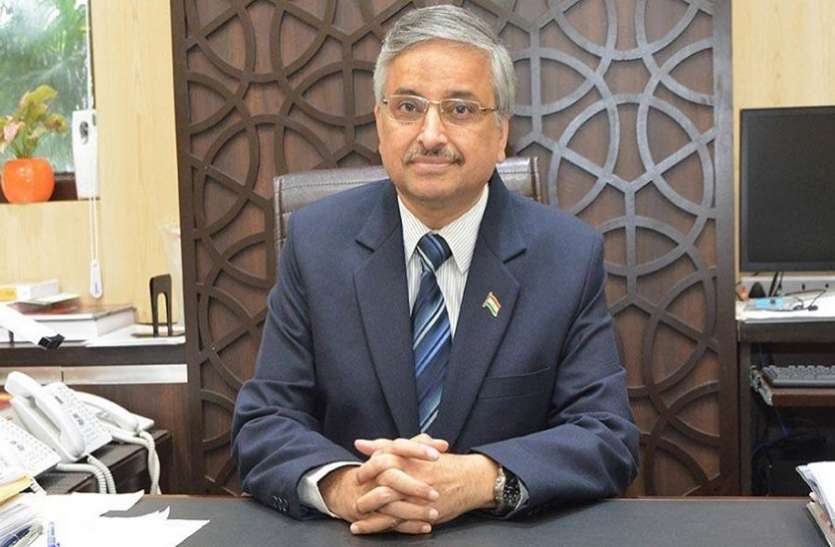
A 3rd COVID wave likely in India if virus evolves rapidly: AIIMS chief
India may experience a third wave of the pandemic if the virus continues to evolve at a fast pace and people’s immunity gets breached, warned the All India Institute of Medical Sciences (AIIMS) Director Dr Randeep Guleria in a TV interview on Tuesday (May 4).

India may experience a third wave of the pandemic if the virus continues to evolve at a fast pace and people’s immunity gets breached, warned the All India Institute of Medical Sciences (AIIMS) Director Dr Randeep Guleria in a TV interview on Tuesday (May 4).
In an interview to India Today TV, Dr Guleria said that the third wave of the pandemic is likely if the virus continues to vigourously evolve. It all boils down to quickly increasing the immunity of people to fight the virus which can be done through vaccination.
However, simultaneously, if the virus continues to mutate at a faster pace than we are vaccinating, it can then develop an “immune escape mechanism”. This means that the immunity people had developed against the virus may be less effective leading to more people getting infected, explained Dr Guleria, who also added that he hoped the third wave would not be as big as the current wave since more people would have been vaccinated by then.
Also read: Watch: AIIMS chief, sanitation worker among first to get vaccine
Dr Guleria also believed that this sharp spike in cases in this second wave and the speed at which it was spreading could also be due to the degree of change in the virus. The variants India is dealing with are more infectious than what was seen last year, he admitted.
The spike in cases cannot all be because of breaking COVID safety protocols, he suggested.
Speaking about whether night curfews and weekend lockdowns imposed by states will help to break the chain of transmission, Dr Guleria felt that these kind of lockdowns do not work. Queried on whether then a national lockdown was necessary, he replied that a lockdown for a “sufficient duration” was required to cut the virus transmission.
According to Dr Guleria, there is a possibility of cases coming down if the close contact between humans is lessened. He advocated a regional lockdown based on a graded response like it was done in the UK. Or, it could a state or a larger level lockdown but “it has to be aggressive” for some time, he said. However, the lockdown can be lifted earlier if it’s required depending on how the cases pan out, he added.
Also read: Vaccine-induced antibodies less effective against coronavirus variants: Study
It is upto the policymakers to decide this because it’s an issue of organising everything in terms of lives and livelihood, and considering essential services and daily wage workers, he said. But weekend and night lockdowns were pointless, he stressed.
Dr Guleria said that it made no sense to focus on only augmenting hospital infrastructure without doing anything to stem the rise in cases. Three elements were important here he said: the first is hospital infrastructure, the second is to decrease the number of cases in an aggressive way and the third, vaccine roll out of vaccines. We have to work on all three to break the chain of transmission.


